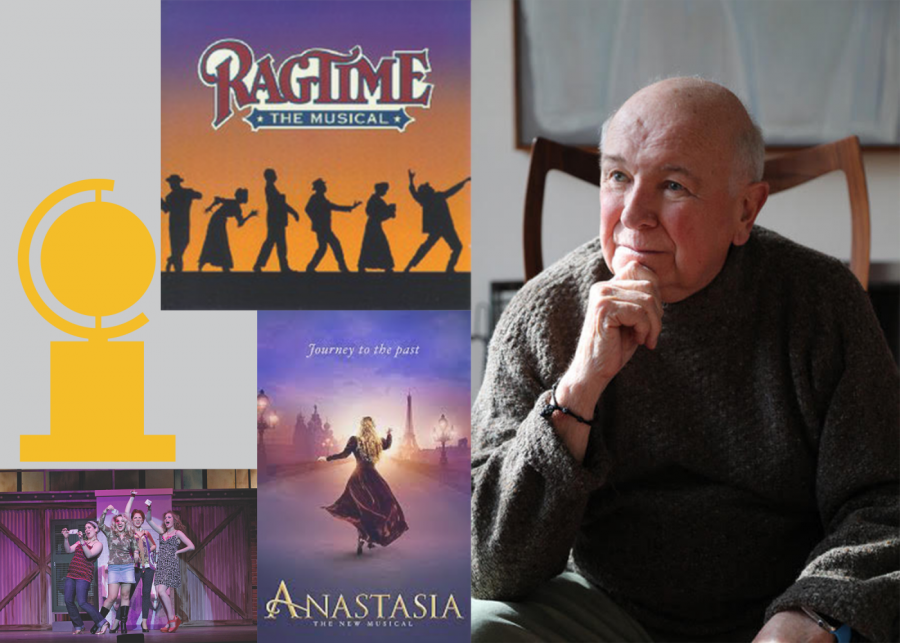When I learned Terrence McNally recently died of COVID-19 complications at 81 years old, my body went numb.
McNally was one of Broadway’s most talented playwrights, writing over 50 plays and winning multiple Tony Awards, Guggenheim Fellowships, Drama Desk Awards, Obie Awards and even an Emmy. As I grieved, I kept questioning how could anyone appropriately honor an artist who created beautiful theater that brought hope into our cruel world. I was unable to find an answer, so I decided to go to my room and listen to some of McNally’s musicals.
I sat with my eyes closed, internalizing the angelic flutes from “Anastasia” and “The Visit”’s haunting violins, until one song from a musical I cherish played: “Make Them Hear You” from “Ragtime.” While Stephen Flaherty and Lynn Ahrens composed the show’s music, this song reminded me of the heartbreaking, yet important story McNally wrote. At that moment, I realized the best way to honor McNally was to help keep his musical alive by stressing how relevant it remains today.
Set at the beginning of the 20th century, “Ragtime” (1996) is based on the 1975 novel of the same title. The musical tells the tale of how New York’s diverse, but divided people — a Jewish immigrant seeking a better life on the Lower East Side, a young Black musician in Harlem and an upper-class family in New Rochelle — learn to connect with one another in the face of hate, discrimination and violence. Immigration, invention, innovation, women’s suffrage, the labor movement and the invention of ragtime music are some of the countless themes that background the musical and unite these dissimilar characters.
The play’s 20th-century conflicts are often considered outdated compared to our current day struggles, but they’re not as different as some like to think. Every time I turn on the TV or read the news, I am constantly bombarded with headlines that describe racial discrimination, gender inequity and anti-Semitism. I try to remain optimistic that change will come, but find myself wondering if all of this senseless violence will ever stop. Despite what we like to believe, nothing has changed. People say they witness and feel horrible about the injustice in our society, but neither I nor McNally can help but point out the difference between hearing about inhumanity and actually engaging with it. Hearing is a passive action, whereas actually encountering marginalization requires us to connect with and stand beside those who experience hate daily.
No matter how many inspirational quotes or movies are written to try and terminate injustice, nothing quite emphasizes the importance of human connection like McNally’s writing in “Ragtime.” He used this musical as a form of activism, teaching audiences that the only way we can fight the hatred in our world is if we find strength and respect in each other. This message should not be forgotten after McNally’s passing, but continue to motivate us in our struggles today. If we want to see change, now, more than ever, is the time to stop reacting alone and start acting together.
McNally’s work is one example of the many inspirational playwrights whose writing can remain impactful decades after its creation. While McNally and other deceased playwrights cannot continue to advocate for their own influential plays, it is now our responsibility to share these narratives so that their legacies and thoughts continue to inspire generation after generation. Share them on a stage, share them in classrooms and even share them in your homes because we can conquer the world’s monstrosities when we connect with each other and work toward a common goal: peace.
Email Sasha Cohen at [email protected].


























































































































































